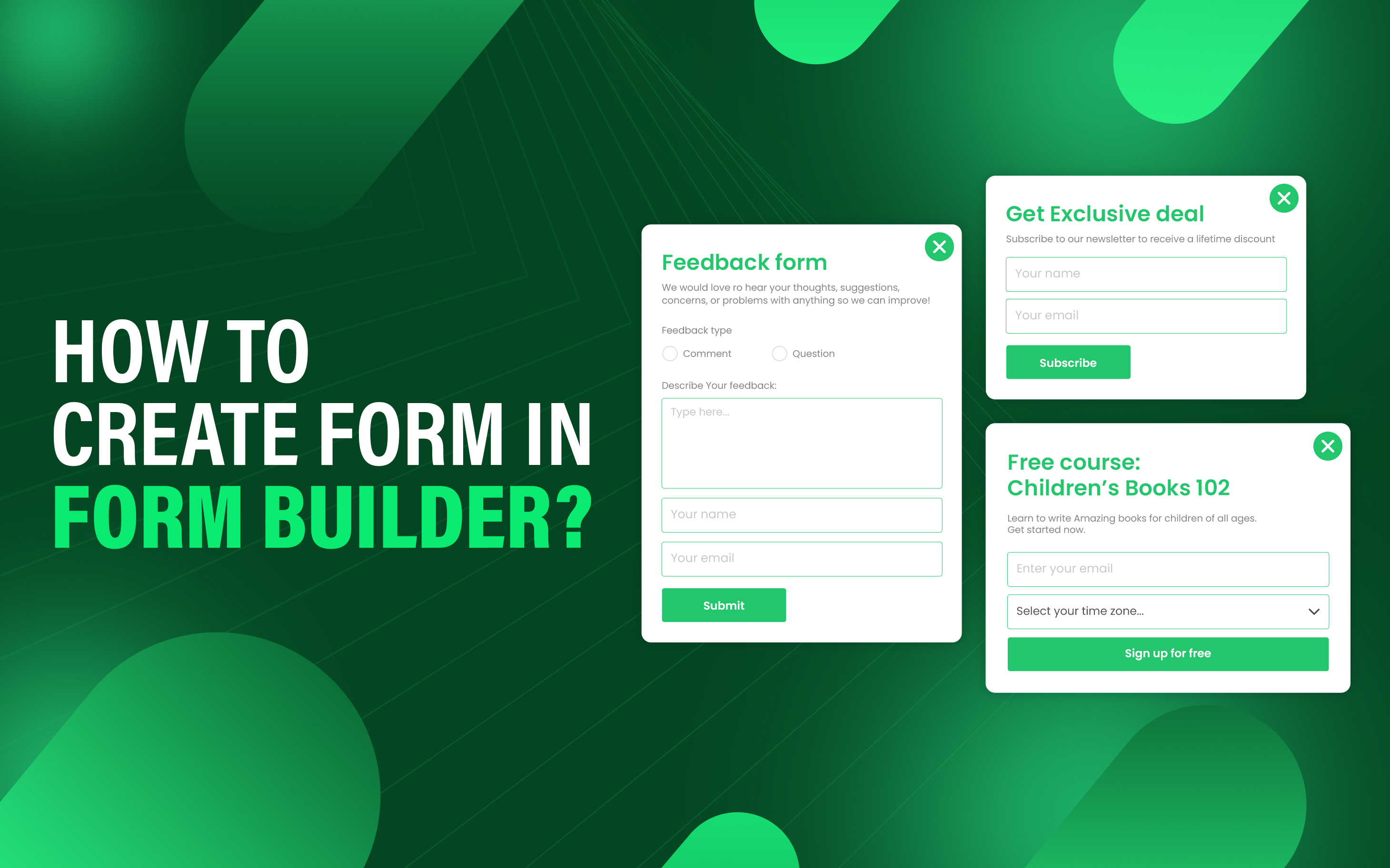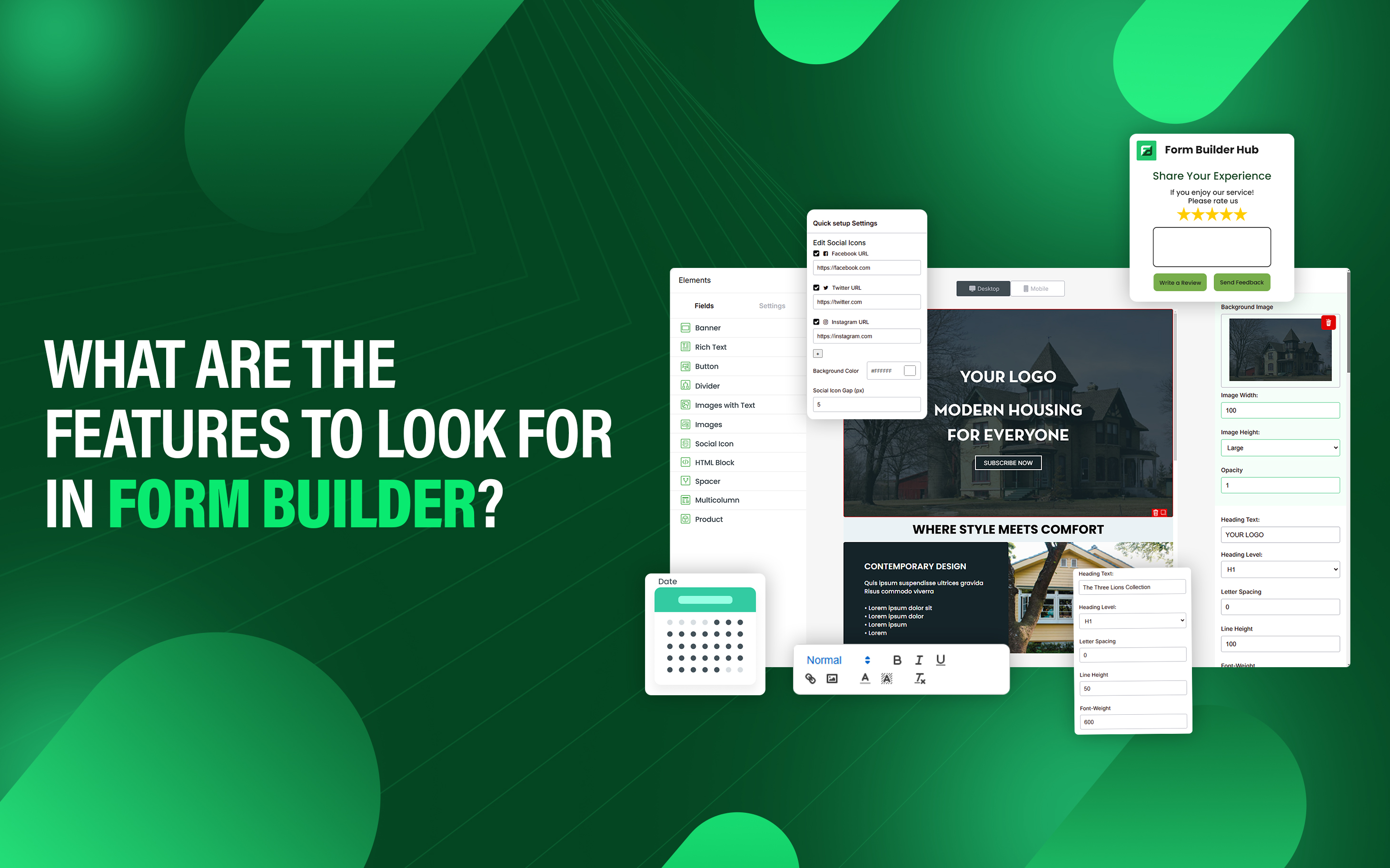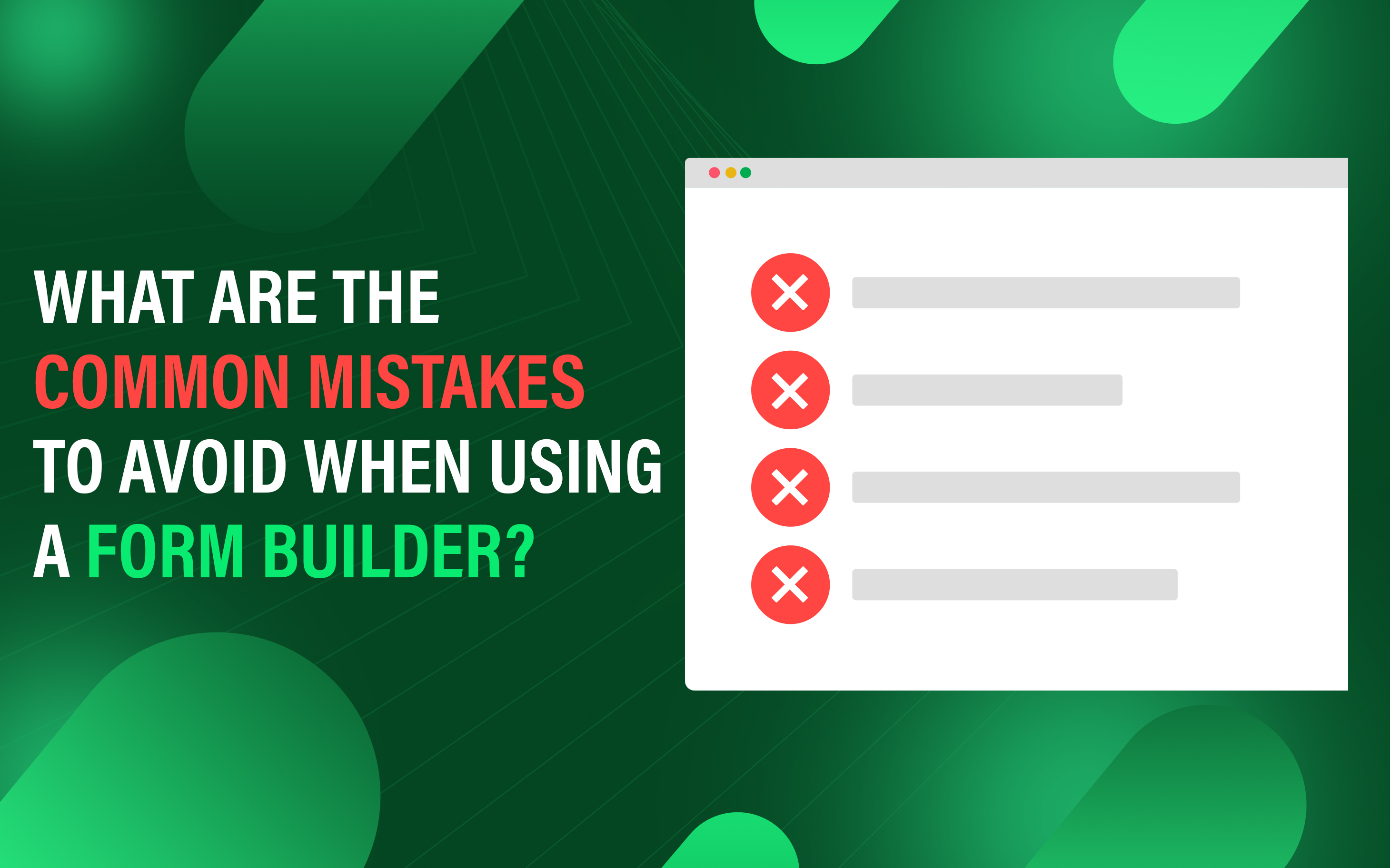Form Builder: Definition, Benefits and Use
A form builder is a tool that simplifies the process of creating digital forms, enabling store owners to gather and organize information. It provides a user-friendly interface with drag-and-drop functionality, allowing business to design forms, collect customer feedback, conduct surveys, and generate leads.
It automates data collection and reduces manual effort. A well-designed form builder supports customization and conditional logic to create dynamic forms that adjust based on response.
Businesses use form builder to capture customer preferences, manage registrations, and automate workflows. By optimizing data collection and management, form builders help organizations enhance efficiency and decision-making.
What is Form Builder?
Form builder is a software tool designed to create online forms for stores without requiring coding. It helps owners to build and modify various types of forms including text inputs, dropdowns, checkboxes, and file uploads.
Many form builders offer advanced features like conditional logic and integration with third-party applications for seamless data management.
How Does Form Builder Work?
A form builder provides a graphical user interface to create, customize and manage forms. It allows seamless integration of forms into online stores, enabling business to collect customer data directly from their store.
It has a drag-and-drop editor to add form fields like text input, checkboxes, and file uploads. After designing the form, copy the Form ID and paste it into the desired store page.
When a user submits the form, data is automatically stored in the database and integrated with third-party applications.
What are the Benefits of Form Builder?
There are six benefits of using Form builder.
Simple to Use
Form builders come with user-friendly interfaces that allow non-technical users to create forms without coding skills. Pre-built templates make it easy to quickly set up form without starting from scratch.
Customization
Users can modify design, color, font, and input field of form to match their branding.
Save time and Costs
Instead of building forms from scratch, pre-built form templates reduce development time and eliminate the need for custom coding. This minimizes costs associated with hiring developers and speeds up deployment.
Automation
Form builders automate workflows such as confirmation emails, notifications, CRM updates, and integrating with third-party apps. Automation reduces manual work and ensures timely responses.
Collect Data
Forms capture the customer information, feedback, and responses in real time, reducing errors in collected data. Advanced form builders like SyncForm provide analytics, data export, and database storage for effective data management.
Advance Features
Form builders support advanced functionalities like file uploads, multi-step forms, custom fields, and analytics. This makes form builders suitable for complex data collection needs.
What are the Uses of Form Builder?
Form builder helps to collect important details about your website visitor and convert them into leads. They allow businesses to create customized forms for various purposes, ensuring efficient data management.
Lead Generation
Form builders generate leads to businesses by collecting visitor information like names, email address, and phone number. These details help build email lists of customers, and drive conversions through targeted marketing campaigns.
Customer Data Collection
Instead of relying on manual data entry, form builders automate the data collection process. This data helps businesses build customer databases, segment audiences, and improve target marketing campaigns.
Easy Form Creation
Form builders are easy to use through drag-and-drop functionality. Forms built quickly and effortlessly using digital tools, saving time and effort. Users can personalize each form to fit their brand image and align with audience needs.
Mobile Optimization
Forms are optimized for mobile devices, ensuring responsiveness across all platforms. Mobile-friendly forms make it easy for users to complete them on mobile devices. Mobile users are crucial for business growth, responsive forms improve user experience and increase form completion rates.






